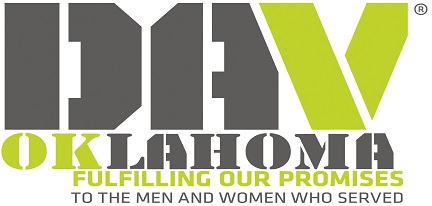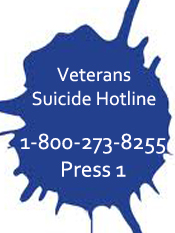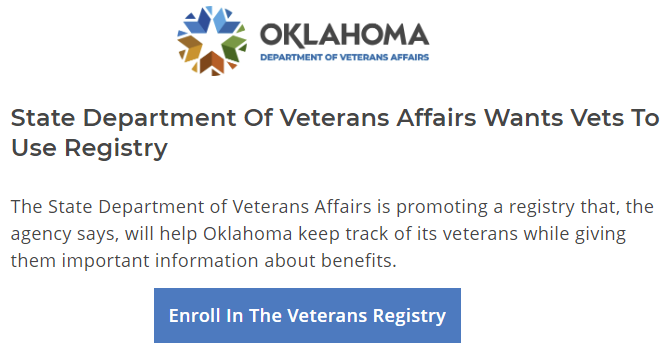Many veterans currently receiving disability benefits often ask service officers about the possibility of getting their disability benefits reduced. The following tries to answer some of those questions:
What Is a VA Reexamination?
A reexamination can be a medical examination or, if the VA feels it is necessary to evaluate the severity of your disability, a period of hospital observation. The VA is legally entitled to require an exam or hospitalization, so it is critical that you comply with a reexamination request in order to preserve your benefits.
Scheduled Reexaminations
After you are awarded disability compensation benefits, the VA will evaluate whether your disability is such that you ought to be scheduled for a future reexamination to determine if your benefits need to be adjusted. Types of disabilities subject to reexamination are those that can be expected to improve over time. If the VA determines that your disability requires a future reexamination, typically the first reexamination will be scheduled two to five years from the date of the decision to grant you benefits.
Evidence of Change in Condition
The VA can also order a reexamination at any time if there is new, material medical evidence that your disability has gotten better, at least temporarily. For example, if you have cancer and it goes into remission, the VA will call you in for a reexamination for the purpose of reducing your benefits.
If the VA temporarily decreases your benefits, you can request an increase of your condition worsens again. Going back to the example above, if your cancer comes back, you can request an adjusted disability rating to increase your benefits.
To request an increased rating after your disability, worsens all you need to do is write a letter to the VA regional office stating you believe an increase is needed and providing medical evidence to support an increase. A word of caution, however. Sometimes when you request an increase, you will actually end up getting a decrease in benefits. If that happens, you can appeal this decrease in the same way that you can appeal a denial of VA benefits




